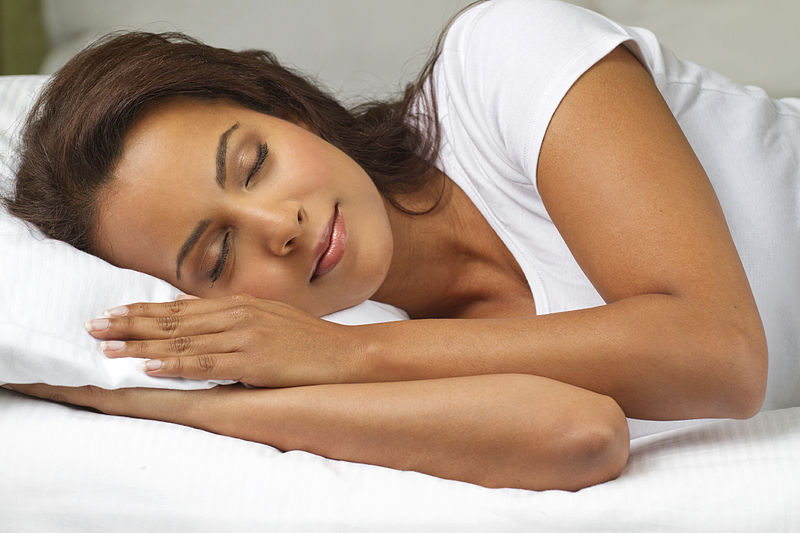
Sleep Tight

Sleep is a vital indicator of overall health and well-being. Getting enough sleep is important not only because it makes us feel truly rested and ready to work, but also because it leads to a better overall mood, healthier skin, clearer vision, and better memory. Even though many of us know how essential is to get a good night’s sleep, we tend to not make it one of our priorities and we end up in a sleep debt. And even if we made it our number one priority, let’s be honest, in our everyday hectic life with increasingly long hours and omnipresent technology that keeps us up, it is a real challenge.
Therefore we prepared a quick guidelines for you to help you get a better quality sleep:
- According to the National Sleep Foundation an adult person needs on average 7-9 hours of sleep a day.
- Leave windows open just a little bit to let air circulate or install a ceiling fan. The ideal temperature for sleep is 18 – 21°
- Sleep in complete darkness. Use blinds and think dark curtains to keep the light out.
- Muffle the noise by Plush rugs and cushions.
- Keeping computers, TVs and work materials out of the room will strengthen the mental association between your bedroom and sleep.
- Only use bed for sleep and sex.
- Fill your space with something calming and beautiful like a piece of art or some photos of nature.
- Do some relaxing activities an hour or so before bed – take a bath (the rise, and then fall in body temperature promotes drowsiness), read a book, watch TV (in another room), or practise relaxation exercises
- Shut off computers, TVs and smartphones at least 1 hour before sleep.
- Gradually reduce light exposure starting 3 hours before bed.
- Avoid all blue spectrum light. Switch to lights with a warm colour spectrum before bedtime.
- Get a gentle progressive alarm instead of traditional alarm clock.
Aleksandra Szczecinska
Assistant Psychologist

